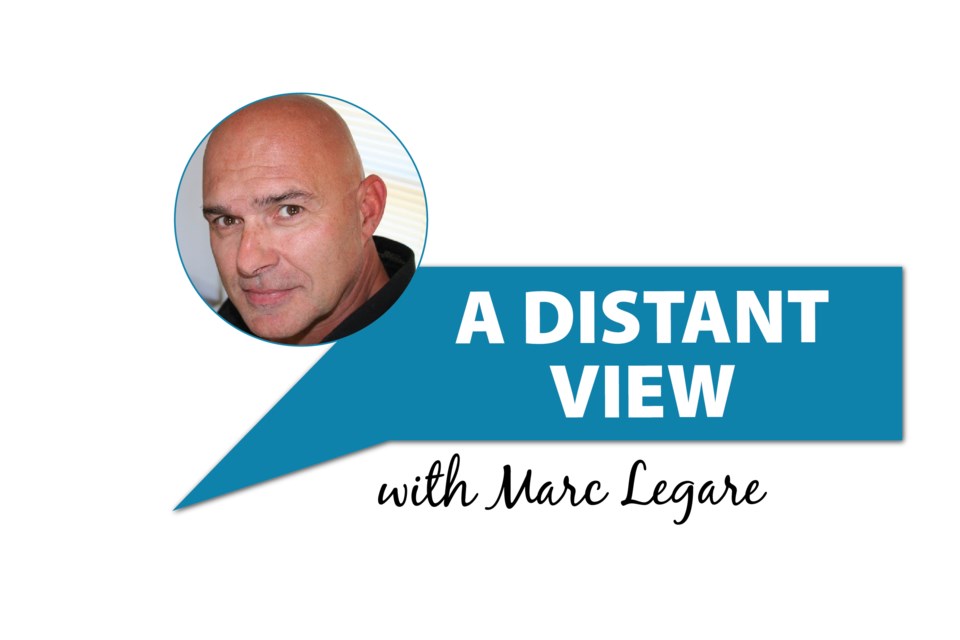Marc Legare is a philosopher and motorcycle adventurist.
He has travelled extensively, worked and lived in Australia, US, and across Canada.
He has a varied working career including: Firefighter, Lawyer, Navy, Motorcycle Importer, plus others.
He chose to return to southern Saskatchewan because of his family's deep roots here.
As a columnist, Legare's columns will offer food for thought.
Opinion and election polls of the past were uncannily accurate. However, they have ceased to be reliable and several recent ones have been off the mark by a wide margin. Furthermore, there is currently a glut of different canvassing organizations that regularly produce wildly differing numbers regarding the same issue. Why have surveys become so inaccurate? One answer is that political correctness has infiltrated the field of polls, studies and surveys. As a consequence, wrong or misleading information is produced.
Is the lack of confidence in our present-day opinion polls justified? Remember the shock we experienced when the Brexit vote was incorrectly estimated? Today, a mere five years later, it is no longer a surprise that such polls produce mistaken results. The polling institutions themselves have become infused with a politically bent mindset. Many ask leading or non-neutral questions in order to skew the results in favour of their ideology. We need only compare various surveys conducted by formerly esteemed institutes and we discover a wide range of contradictory results.
Another reason questionnaires are less valid is due to the excessive use of insults, name calling, and ad hominem attacks, hurled at someone who holds a politically incorrect or unpopular view. It goes without saying that when someone is intimidated in that manner they may choose to remain silent, or worse, show allegiance toward things they do not believe. It is a common human characteristic to tell someone something they want to hear, and that tendency is heightened if someone is fearful of hostility should they express a not-in-vogue view. That translates into misleading or exaggerated numbers in support of the growing list of politically correct social justice issues.
There is ever increasing political division in our society. The rift is so heated and divisive that for many, disagreeing with any modish political view can be damaging to friendships, careers, and even family units. Using the Brexit example, it is evident that in spite of anonymity being offered, some said one thing to the census taker but subsequently voted differently when the election booth curtain was drawn and the assurance of privacy was high.
It is deleterious for any society when its citizens live with deep anxiety over expressing their genuine viewpoint. It helps no one when vast numbers of the population are frightened they will receive a nasty character assassination for expressing non-trendy opinions. Not only does that produce untruths, but being shackled into silence or feigning support out of fear results in people feeling disgruntled, divided, and resentful.
In a world where genuine and reliable facts are getting harder to come by, the last thing we need is more misleading information. Sadly, political correctness has muddied the waters of opinion polls and the once ultra-accurate results compiled by them are no longer trustworthy.
The actor Kurt Russell made a comment that sums it up; "First you have to ask yourself; why is there political correctness? The only answer is that you are afraid to say what you honestly believe."
The views and opinions expressed in this article are those of the author, and do not necessarily reflect the position of this publication.




